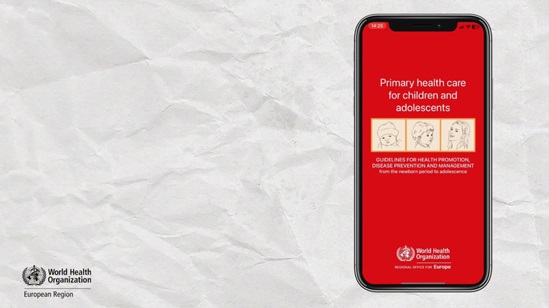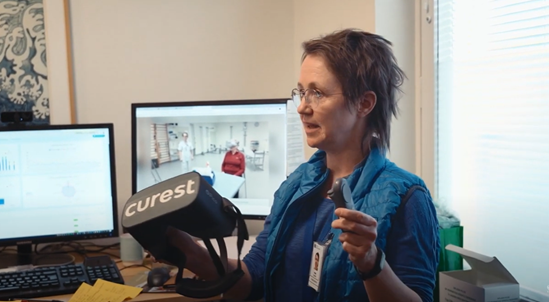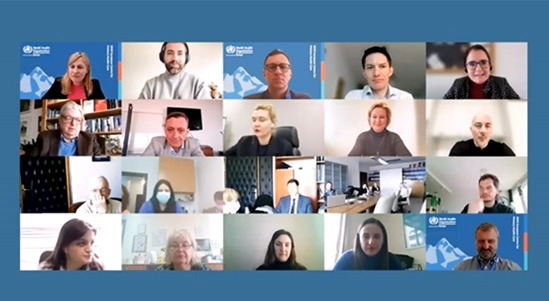Primary health care
Primary health care is health care received in the community, usually from family doctors, community nurses, staff in local clinics or other health professionals. It should be universally accessible to individuals and families by means acceptable to them, with their full participation and at a cost that the community and country can afford.
WHO/Europe supports Member States in reforming primary health care within the framework of their overall health system reforms.
The WHO European Centre for Primary Health Care has developed a new strategy to strengthen primary health care in the WHO European Region that is fully aligned with the European Programme of Work 2020–2025 and based on lessons learned from the COVID-19 pandemic. Member States reaffirmed their commitment to strengthening primary health care in the wake of the pandemic at the 71st session of the WHO Regional Committee for Europe in 2021, and gave WHO a mandate to implement the new strategy.










